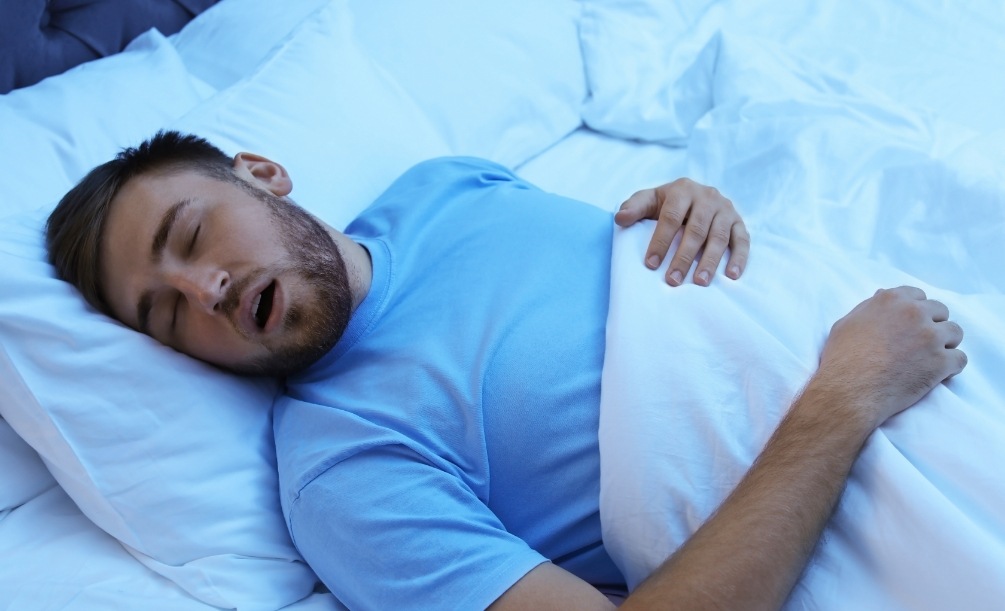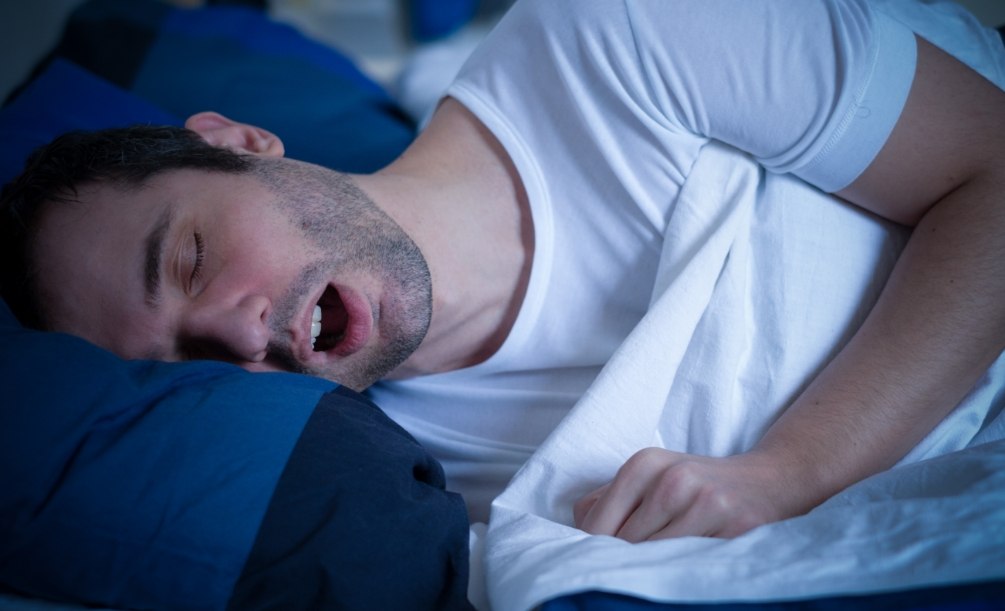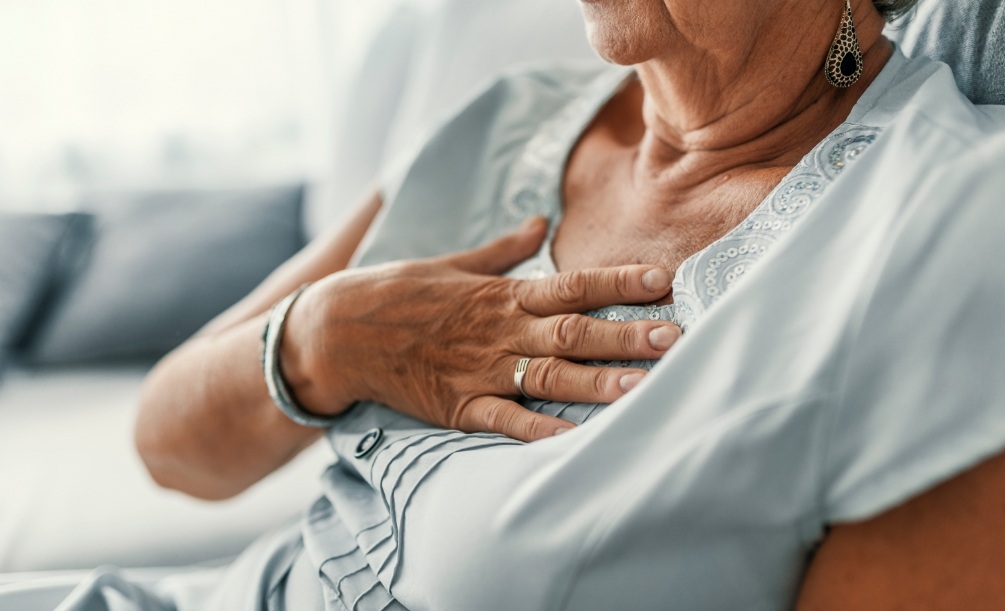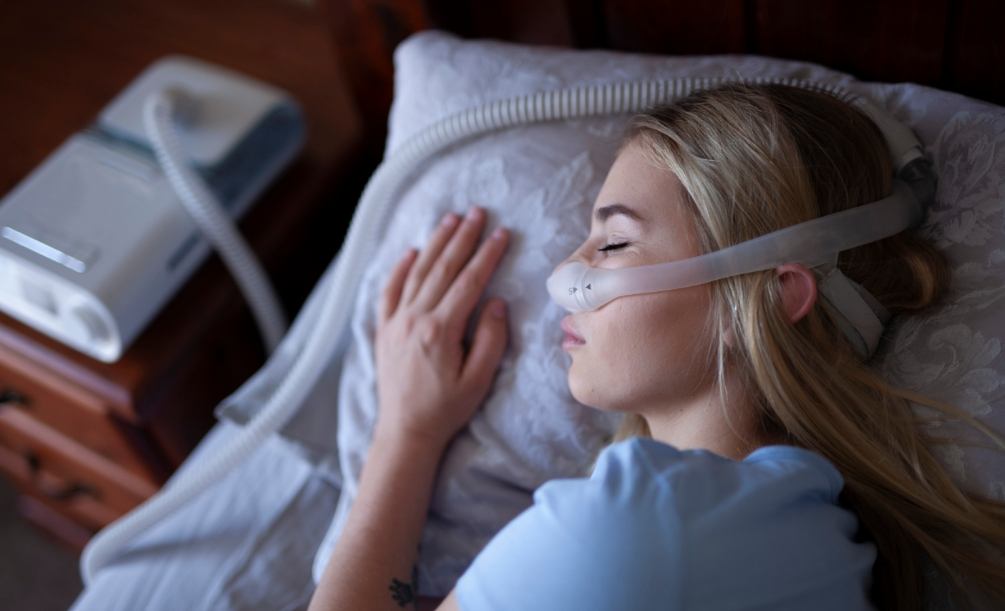SLEEP APNEA TREATMENT – ORMOND BEACH, FL
How Do You Treat Snoring?

What Is Sleep Apnea?

- Occurs When Breathing Ceases During Sleep
- Affects Millions of All Ages
- Patients Wake Up Gasping for Air
- Can Occur Hundreds of Times Each Night
How Is Snoring Related to Sleep Apnea?

- Occurs When Airway Becomes Blocked
- Snoring Doesn’t Necessarily Confirm Sleep Apnea
- Associated With Obese/Overweight People
- Can Lead to Higher Risk of Sleep Apnea
Common Causes of Snoring

- Smoking
- Obesity
- Obstructed Nasal Passages
- Hypothyroidism
Dangers of Sleep Apnea

- Heart Disease
- Dementia/Alzheimer’s
- Type 2 Diabetes
- Unexpected Weight Gain
Sleep Apnea Treatment

- CPAP Intolerance is a Problem
- Custom Oral Appliance Therapy
- Small, Compact & Portable
- Keeps Airway Open While You Sleep
Understanding the Cost of Sleep Apnea Treatment

- Costs Can Vary
- Medical Insurance Covers Sleep Apnea Treatment
- Getting Treatment Now Can Help You Save Money
- Financing Is Available
What are the symptoms of sleep apnea?
Unless you have a partner who can tell you that your snoring keeps them awake at night or that you suddenly stop breathing while asleep, you may be unaware of the other symptoms that often point to sleep apnea. Some of these include:
- Loud snoring
- Chronic fatigue
- Morning headaches
- Forgetfulness
- Gasping or choking sensation that causes you to wake throughout the night
- Dry mouth or throat
- Insomnia
- Lack of libido
- Irritability
You may not experience all of these symptoms, as each person is different, but if you suspect you may be suffering from sleep apnea, it is best to seek the help of a qualified professional who can recommend a sleep study and provide necessary treatment.
How long does the average sleep study take?
There are various types of sleep studies, so it’s not always easy trying to pinpoint an exact amount of time. Since some are completed in a lab and others at home, the duration may vary slightly. Typically, if you undergo a sleep study in a lab, it will take about 45 minutes to connect you to the devices and equipment that will monitor you throughout the night. In order to achieve appropriate results for a formal diagnosis, a doctor will need about six hours of recorded data to determine whether you have sleep apnea or not.
How can sleep apnea lead to cardiovascular problems?
One of the most common problems associated with sleep apnea is cardiovascular disease. When you cease breathing throughout the night, your brain must attempt to alert your body. As you suddenly wake (most likely gasping or choking to breathe), your heart rate and blood pressure are elevated, essentially working in survival mode. As you begin to calm down and these return to normal levels, the process can be repeated multiple times while you sleep. This up and down of your blood pressure can be detrimental to your health, resulting in a heart attack, stroke, arrhythmia, or even heart failure.
Will I need to wear an oral appliance for the rest of my life?
While there is no definitive answer as to whether you will need to wear an oral appliance for the rest of your life, there are additional lifestyle changes you can make that will lessen your symptoms and have you achieving better sleep, such as:
- Exercising and losing weight
- Eating a healthy, well-balanced diet that is rich in nutrients
- Embracing cessation resources to quit smoking and drinking excessive amounts of alcohol
- Lessening your stress by practicing meditation, speaking to a counselor, or finding alternative ways to relax
How can I know if my oral appliance is working?
If you want to know the number one you can tell if your oral appliance is working, simply ask your partner. If your snoring ceases and you appear to breathe freely throughout the night, consider it a success. Your oral appliance is designed to minimize the symptoms and keep your airway open and void of any obstruction.
Other ways you will notice that it is working is in your energy levels, your ability to think clearly, and how you feel when you wake in the morning. When positive movement occurs in these areas, you can also expect your mood to improve drastically as well as your attitude toward life.
How Long Are Apnea Events or Episodes?
It varies from person to person, but the duration and frequency of your sleep apnea episodes can give us important information about the best way to treat your condition.
A single apnea episode can last between 10 seconds and 2 minutes. 0 to 15 episodes per hour is considered mild, while 30 or more episodes per hour is considered severe. If your sleep apnea symptoms land on the mild end of the spectrum, an oral appliance may very well be all you need to get a good night’s rest. If your symptoms are more severe, though, you may need combined therapy that involves both an oral appliance and CPAP.
How Should I Clean My Sleep Apnea Oral Appliance?
Just like clear aligners and removable dentures, sleep apnea oral appliances can accumulate bacteria while it’s in your mouth or lying exposed on a countertop. It’s important to keep your appliance clean, otherwise you’ll be at increased risk for developing cavities and gum disease.
After taking your appliance out in the morning, gently brush it with hand soap and rinse it with luke-warm water. Alternatively, you may be able to soak the appliance in a sleep dentist-approved cleaning solution. Either way, make sure to keep your appliance in a dry, secure container when it’s not in your mouth! It will be better protected from both bacteria and unpredictable accidents.
Can I Have Oral Appliance Therapy If I Grind My Teeth?
Sleep apnea and teeth grinding (a.k.a. “bruxism”) do often go hand in hand. Fortunately, our oral sleep appliances are designed to withstand excess pressure caused by nightly bruxism and similar habits. Your oral appliance will even function like a shield for your teeth, protecting them from the dental damage associated with bruxism.
If you grind or clench your teeth at night, please be sure to let your sleep dentist in Ormond Beach know. That way, our team will be able to better ensure your appliance will suit your needs!
